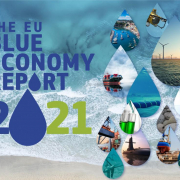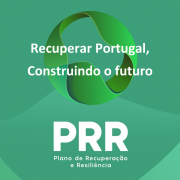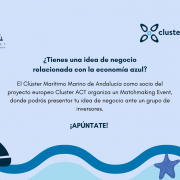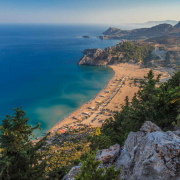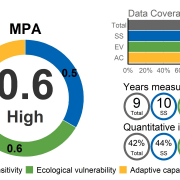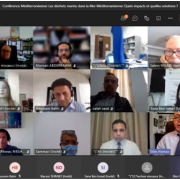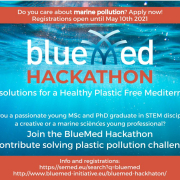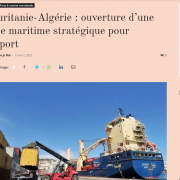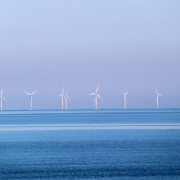Le HN Tunisie a participé le 29 et 30 avril 2021 à une conférence virtuelle méditerranéenne sur les déchets marins dans la Mer Méditerranée : quels impacts et quelles solutions à l’Institut National des Sciences et Technologies de la Mer, organisée par l’équipe du projet COMMON, financé par l’Union Européenne dans cadre de programme ENI CBC MED et dans laquelle le HN a présenté le projet Westmed ainsi que ses objectifs et ses priorités.
88 personnes ont assisté à ce webinaire, représentant l’administration, les entreprises publiques et privées, les municipalités, la société civile, les instituts de recherche et l’université. 29 intervenants ont axé leurs communications sur les déchets marins qui sont rapidement devenus l‘une des principales sources de pollution de la mer méditerranée, avec des conséquences négatives pour les organismes marins vivants, les écosystèmes marins, la santé humaine et les activités côtières, y compris le tourisme et la pêche.
Le projet COMMON a pour objectif d’appliquer les principes de la Gestion Intégrée des Zones Côtières (GIZC) pour faire face au défi des déchets marins, en améliorant la connaissance du phénomène, ainsi que les performances environnementales de 5 zones côtières pilotes en Italie, en Tunisie et au Liban, tout en impliquant les parties prenantes locales dans la gestion des déchets marins.
Trois actions importantes ont été réalisées dans le cadre de ce projet, il s’agit de l’amélioration des connaissances sur des sources de déchets et de leur impact sur les écosystèmes des 5 zones pilotes, du renforcement des capacités institutionnelles dans la lutte contre les déchets marins à travers les principes de la GIZC et la création de forums permanents de parties prenante autours de la problématique des déchets marins.
Les réalisations du projet prévoient l’élaboration de 10 études scientifiques sur les liens entre les problèmes posés par les déchets marins et les activités humaines terrestres, la création d’une plateforme informatique pour le partage de méthodologies et de données sur les déchets marins et la formation de 250 personnes sur la gestion des déchets marins.
Ces ateliers de formation concernent notamment l’approche de l’économie circulaire pour lutter contre les déchets marins à la source, la gestion de la législation sur la pollution marine, la promotion de services maritimes écoresponsable, la promotion des activités de pêche et d’aquaculture respectueuses de l’environnement, la promotion d’un modèle d’école éco responsable, la gestion intégrée des zones côtières (GIZC) et les stratégies innovantes pour la gestion des déchets marins.
30 municipalités seront impliquées dans un réseau de villes côtières à travers la Méditerranée réunies pour lutter contre les déchets marins et 50 organisations de la société civile participent activement dans des campagnes de nettoyage des plages.
Liens utiles:
INSTM: www.instm.agrinet.tn
COMMON Project: www.enicbcmed.eu/fr/projets/common

